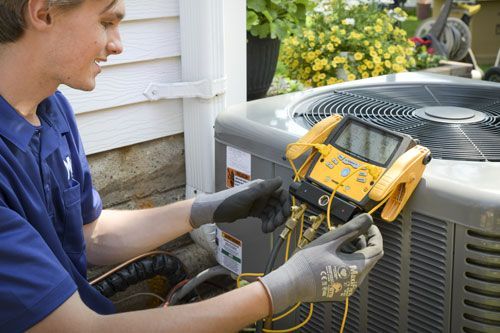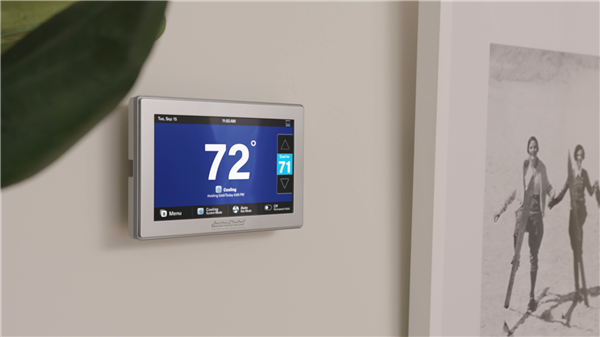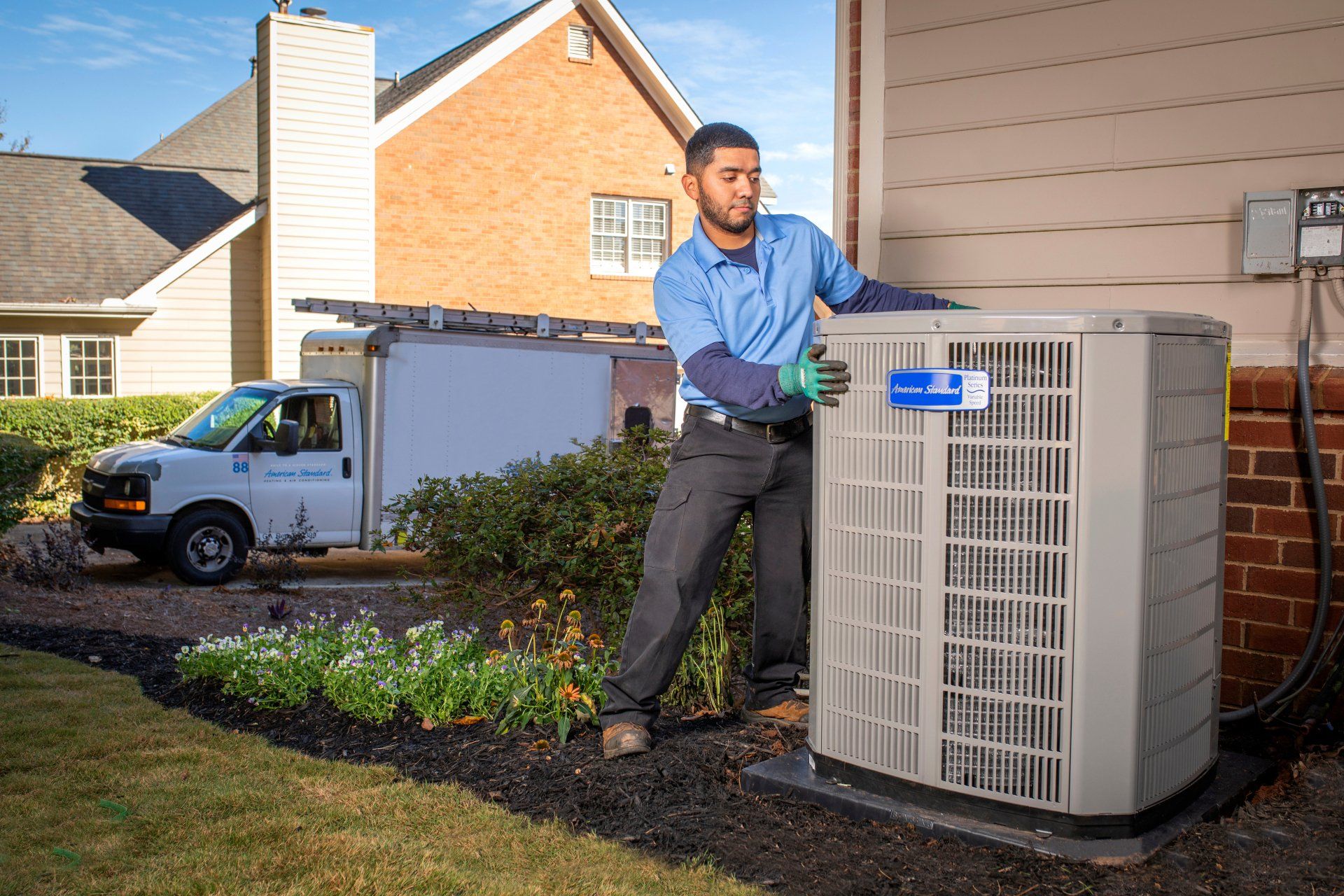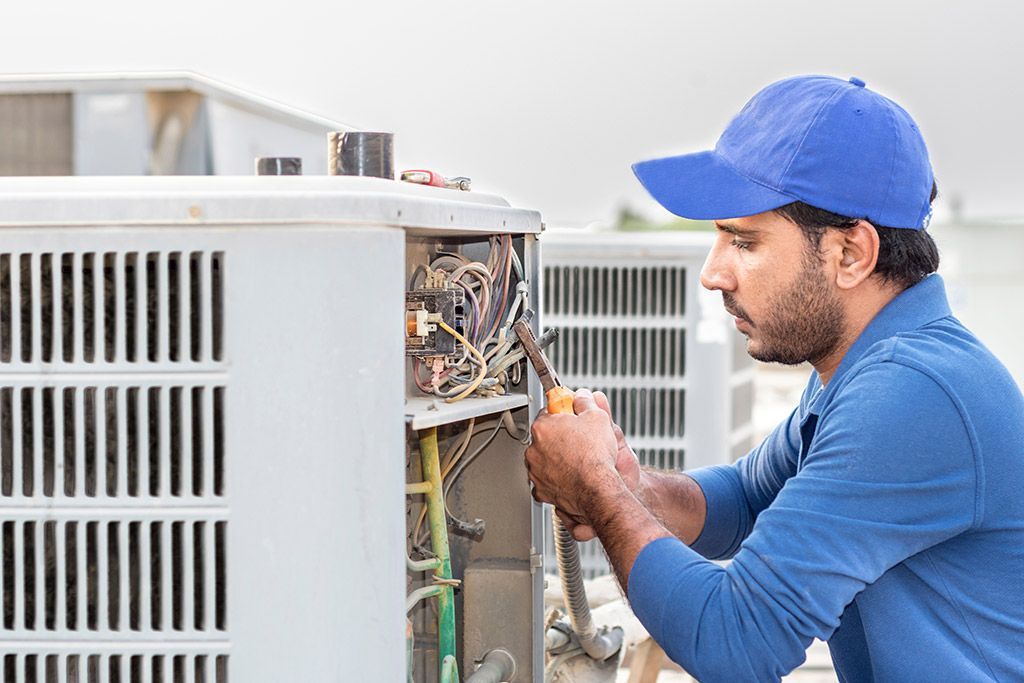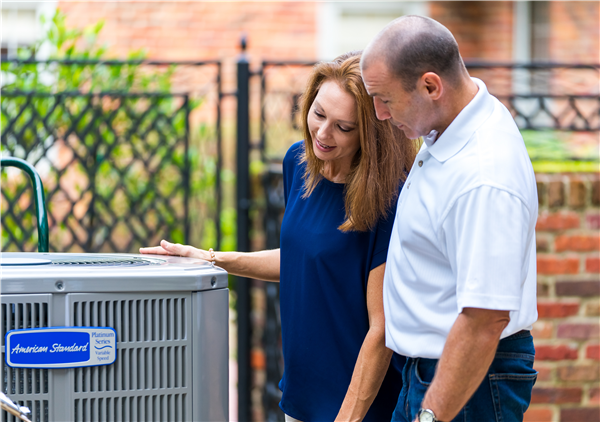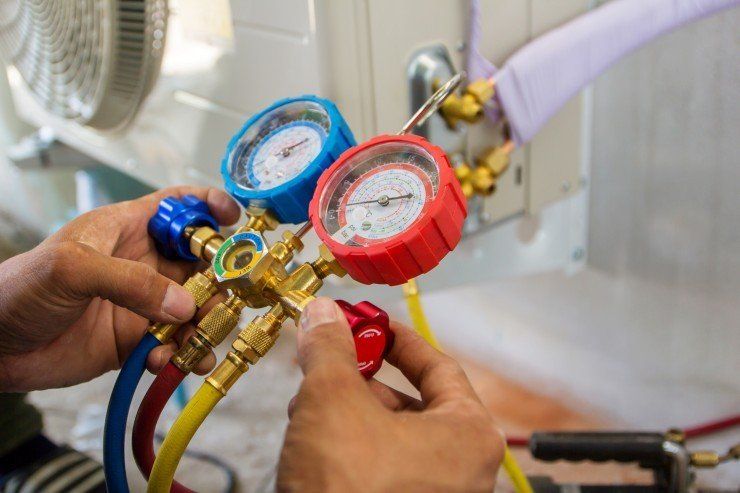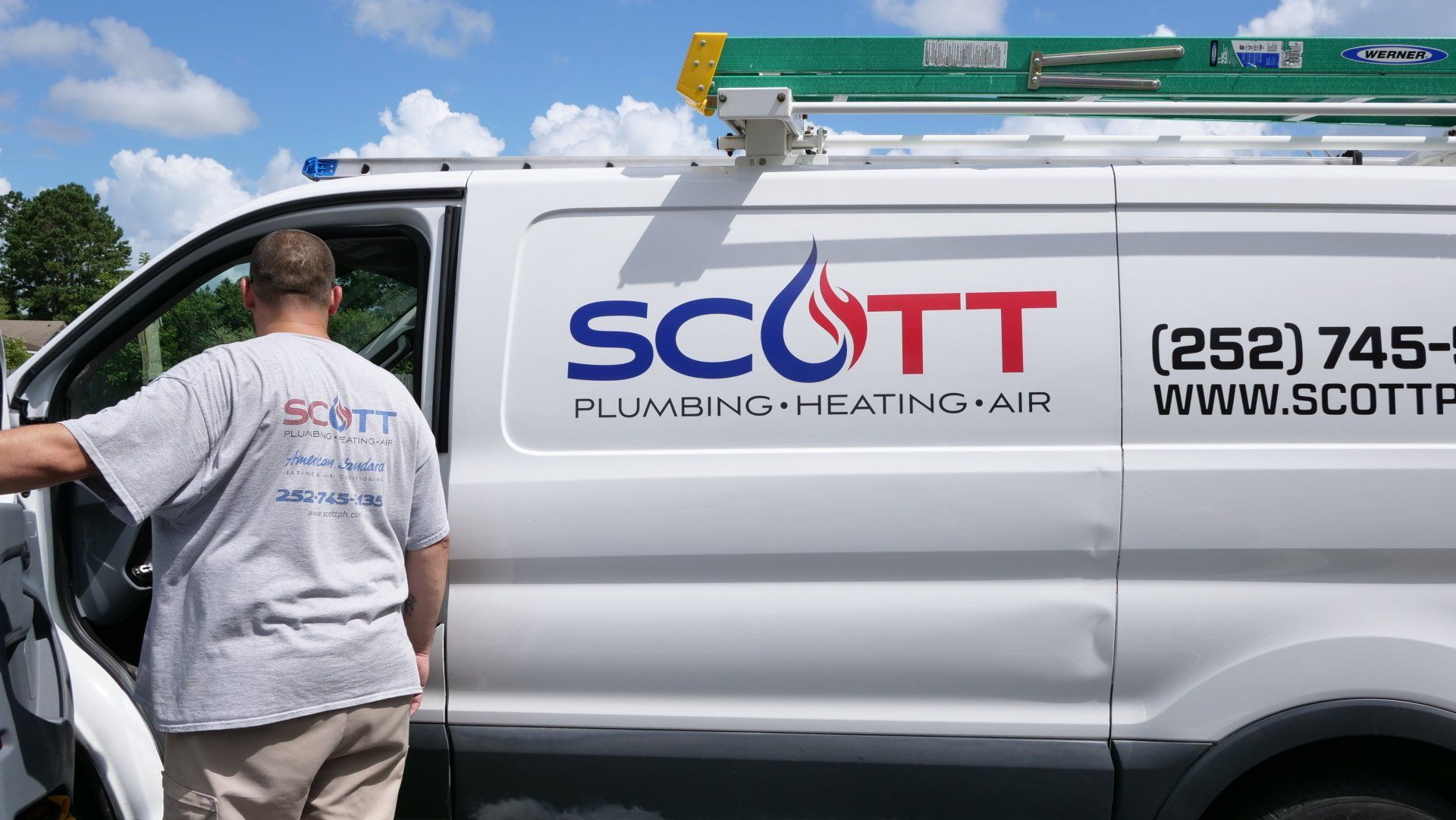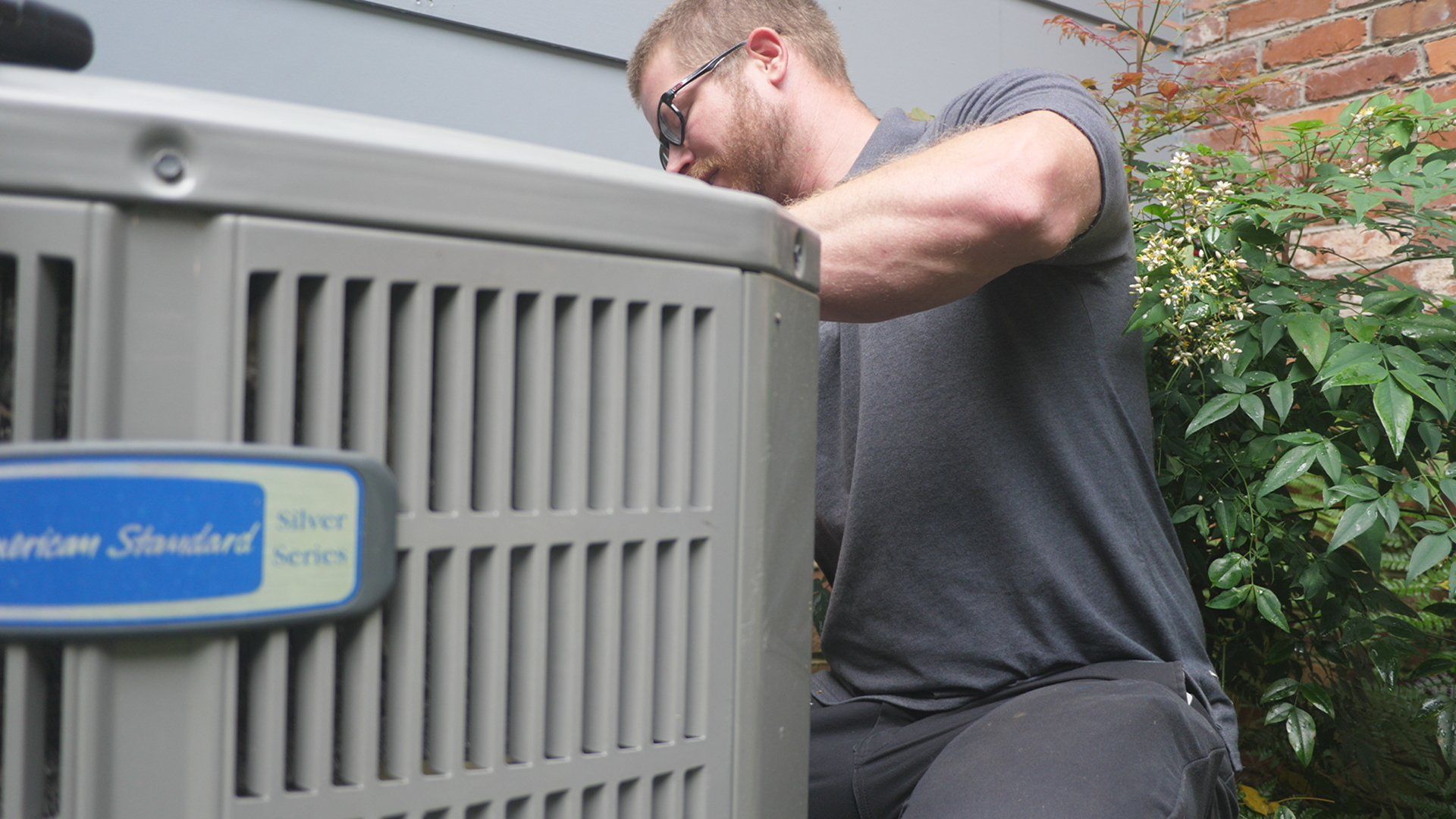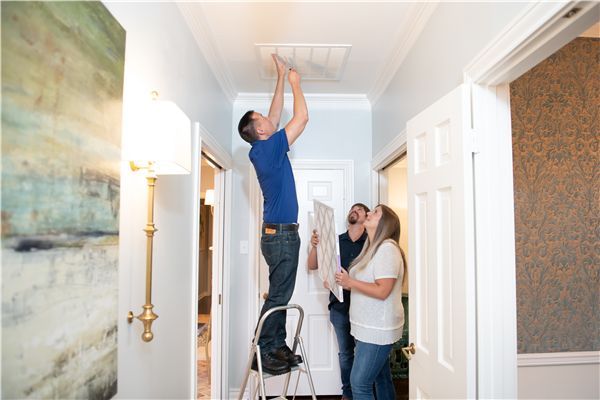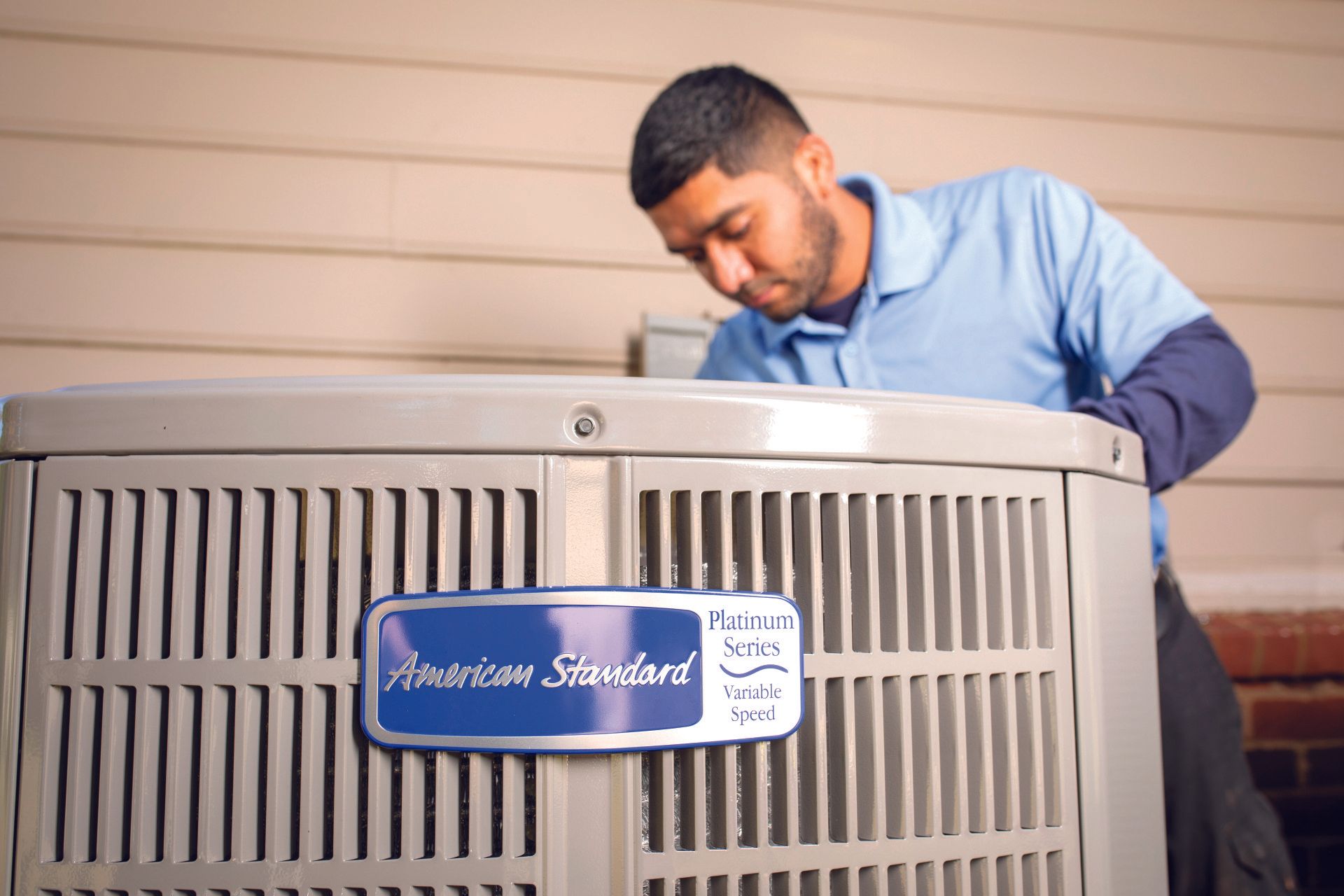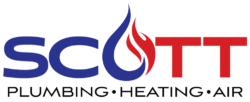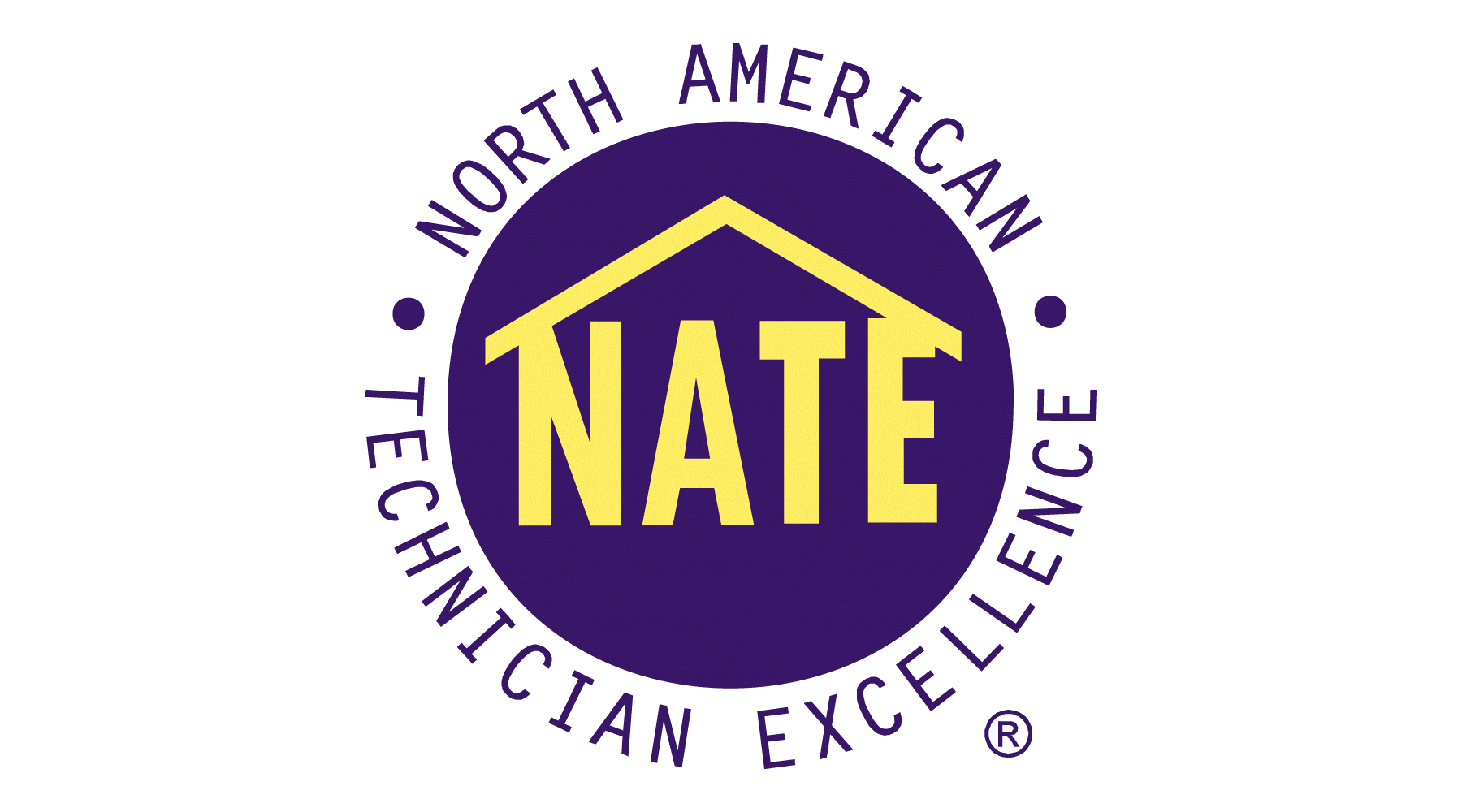Heat Your New Bern, NC Home Efficiently
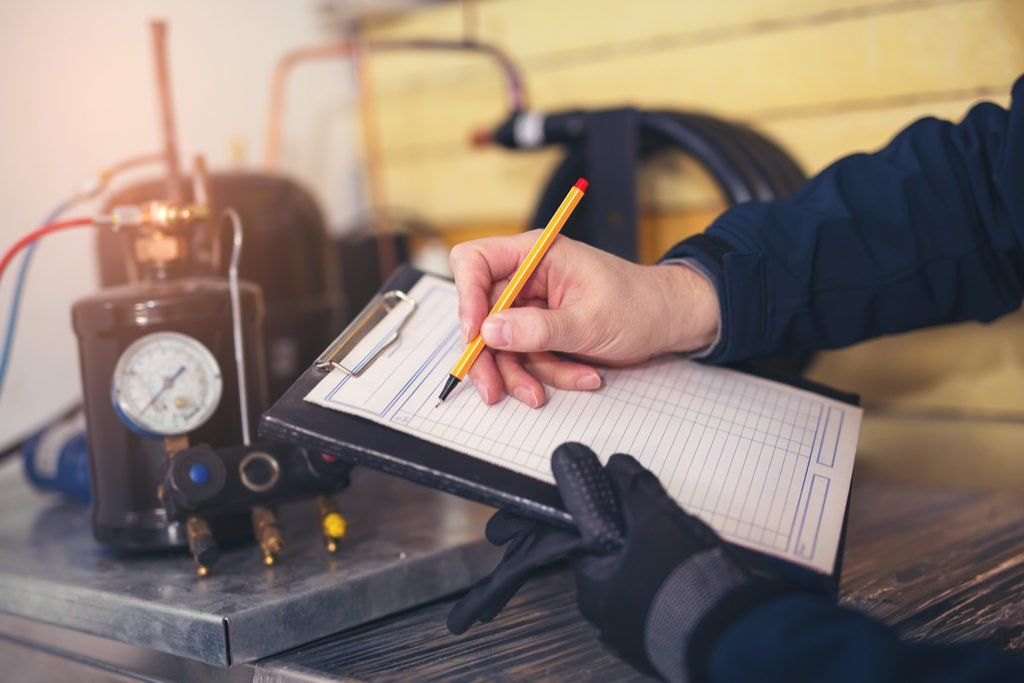
Homeowners who invest in a new furnace or heat pump are generally interested in energy efficient heating. No one wants to pay for an inefficient heating unit, especially in this economy. While difference types of heating systems have different levels of efficiency, there are some things you can do on your own to increase your HVAC system efficiency as well. Keep reading below to learn how to efficiently heat your New Bern, NC home this fall and winter season.
Close Any Leaks
Cold air can often leak into your New Bern, NC home from even the smallest of areas. Places like your doors, chimneys, windows, etc. can all let in cold air if not insulated properly. Without proper insulation, your homes heating unit will have to work harder than necessary to warm your home. Make sure you seal and close any leaks to ensure optimal HVAC efficiency.
Change Your Air Filters
Another important part to your heating and air conditioning system are your air filters. They keep the air in your New Bern, NC home clean and keep your indoor air quality high. If and when your air filters are dirty, they block the airflow throughout your HVAC system and make your heater work extra hard. We suggest changing your air filters once every 1-3 months for optimal comfort and efficiency.
Test Your Furnace or Heat Pump
Finally, make sure you test your heating unit before the temperatures really drop. On a cooler night, set your thermostat a few degrees higher than normal and make sure you feel the difference in your home. Can you tell a noticeable difference in the heat? Do you think your furnace or heat pump is working properly? If not, make sure you call your local HVAC contractor ASAP for professional heating service.
If you’re interested in learning more about our professional heating services, check out our
services page
or give the Scott Plumbing & Heating Co team a call today!
